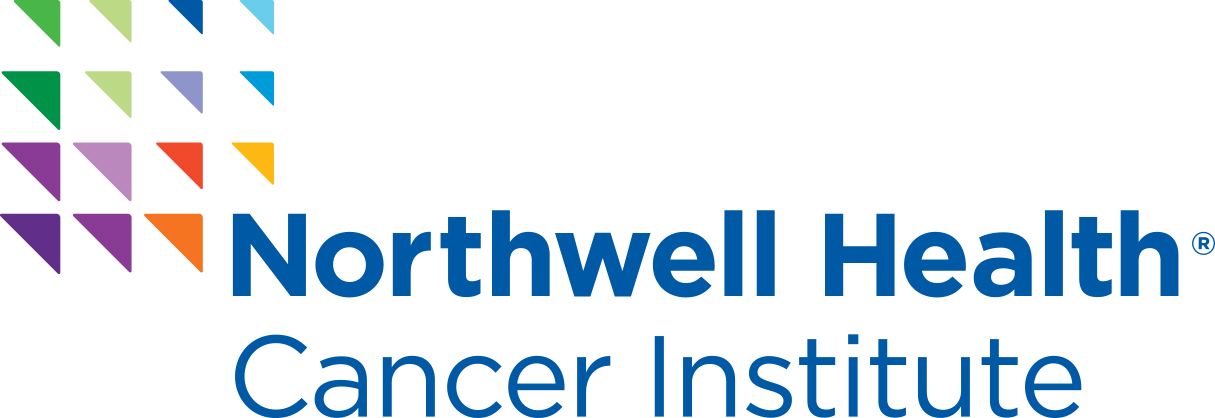
Why Multidisciplinary Care is Crucial in Prostate Cancer

Key Takeaways
- Multidisciplinary teams, including various healthcare professionals, are essential for optimal prostate cancer care.
- Each patient's cancer journey is unique, influenced by disease stage, health, and personal goals.
Patients with prostate cancer can position themselves to receive the best care possible by being seen by a multidisciplinary team of healthcare providers.
When being treated for prostate cancer, patients can position themselves to receive the best care possible by seeing a multidisciplinary team of health care providers, Dr. Kai Tsao explained in an interview with CURE.
“Patients can put themselves in the best position if they seek out practices, physicians or institutions who can give them that multidisciplinary team. [This team] can include not just the doctors, but nurses, advanced care practitioners, nutritionists, psychologists and psychiatrists, physical therapy support, financial coordinators and others. By doing that, patients would be able to put themselves in the best position to receive the care they really need,” said Dr. Kai Tsao.
Tsao has been appointed by Northwell Cancer Institute as system chief of Solid Tumor Oncology, ss well as medical director of the R.J. Zuckerberg Cancer Center and director of Northwell's medical oncology prostate cancer program.
During Prostate Cancer Awareness Month’s observation in September, he sat down for an interview with CURE.
Transcript
Every patient’s journey looks different depending on disease stage, overall health and personal goals. How can patients ensure that they receive the care that they need?
In my 17 years in oncology, I can tell you, I've seen many thousands of patients, and every patient is different. How are they different? Every patient may have different goals of care. Patients don't just have cancer; they may have other medical illnesses, which is important to the potential treatment of patients. People have different financial resources and social support resources that can help them in their journey and fight against cancer. Some patients are more adaptable than others in terms of facing the realities of cancer care. People have different lifestyle preferences, for example, diet and nutrition, and whether they exercise every day or not.
Cancers are all also very different. There are some cancers that are ultra-aggressive, and there are some that are not. Last but not least, cancers don't respond to one specific therapy all the same. While some patients may have aggressive disease, they may respond very well to a specific therapy, but the reverse can happen where we treat a more indolent disease, but it doesn't work; there are so many factors here.
I think what's important for patients is that they should seek care from a provider or institution that provides them with a multidisciplinary care team. And that is really important because patients are different, and cancers are different. I became a cancer doctor because I have many family members who went through this journey of cancer, and we understand that there is nothing enough that we all can do to help patients with cancer.
There are so many needs, but I think patients can put themselves in the best position if they seek out practices, physicians, or institutions who can give them that multidisciplinary team, which can include not just the doctors, but nurses, advanced care practitioners, nutritionists, psychologists and psychiatrists, physical therapy support, financial coordinators, and others. I think by doing that, patients would be able to put themselves in the best position to receive the care that they really need.
Transcript has been edited for clarity and conciseness.
For more news on cancer updates, research and education,




